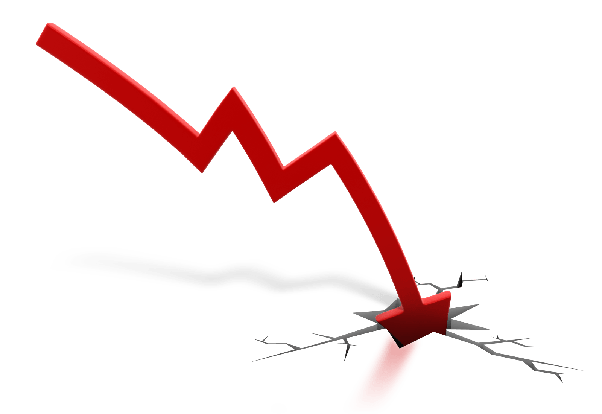
Did anyone imagine a few months ago that most of the world would essentially shut down its economic engines in so short a time? The economic effects of the Coronavirus are yet to be seen, but the biblical book of Revelation does predict a global economic disaster shortly before the end of this age.
Revelation 17-18 describe the fall and total ruin of “Babylon.” At various times in church history Babylon has been interpreted differently. In the first century many Jews and Christians considered Rome to be Babylon because it destroyed the Jerusalem temple in 70 A.D. and resembled ancient Babylon in its love for its own glory and power (1 Pet. 5:13). This would make the emperor the antichrist, an easy identification considering Roman citizens were often required to offer an annual sacrifice of incense and declare that “Caesar is Lord.”
During the Reformation the pope was considered the antichrist by many reformers, making the Roman Catholic Church the Babylon of the 16th century. Fast forward to 1990 and Saddam Hussein, who tried to reconstruct the ancient ruins of Babylon by building what art historians called a “Disney for despots.” For a few months, prophecy wonks declared this the predicted end-times rebuilding of Babylon in a literal sense and Hussein the obvious antichrist. Pictures of the majority of Babylon still in ruins and the capture of Hussein hiding in a hole ended that chatter quickly.
A far more plausible understanding of Babylon in these chapters is that it symbolizes “the prevailing economic-religious system in alliance with the state and its related authorities and existing throughout the ages.” (G.K. Beale, The Book of Revelation, 850). That is, Babylon stands for the seductive power of economic prosperity and the system that empowers it, which is political, economic, and religious in nature. Therefore, Babylon has manifested itself in various kingdoms and empires throughout the ages.
What Babylon does is seduce us into trusting in and loving economic prosperity in a way we should only trust in and love God. Possessions, wealth, and economic prosperity are not wrong in themselves, but they become idolatrous so easily that Paul warned that the love of wealth, power, sex, prestige, opportunity, and comfort (the things money can buy) is the source of all kinds of evil in the world.
Revelation 17-18 predicts the total collapse of this world economic system shortly before Jesus returns. Chapter 18 describes the universal mourning that will take place because of the loss of all the material possessions brought to us by the system. It will be a total collapse. There will be no restocking of shelves, no supply chain, and no hope that it will ever be restored. The fall of Babylon is the prelude to the return of the Son of God in judgment.
Does this mean that the present crisis is the fulfillment of the fall of Babylon? Not necessarily, although time will tell. In that case unbelievers are called to repent and believe in Jesus before it is too late. The present crisis does show us how easily that which we take for granted and think is unshakable and will always be progressing to greater delights can be taken down in a few short weeks.
This is a call for believers to repent of our greater love for God’s good gifts than for God himself. It is a call for us to forsake our hope that a bigger and better house, car, savings account, wardrobe, vacation, or 401K will make everything perfect. How easily God is left out of such plans. The problem is not the items. The problem is our love for them, our dedication to them to the neglect of God and Christian service, our hope found in them such that if they fail to materialize, we are devastated.
The book of Revelation was written to predict the end of history, but also to encourage Christians to faithfulness now. In Revelation 14:12 John writes, “Here is a call for the endurance of the saints, those who keep the commandments of God and their faith in Jesus.” We may see the collapse of the global economic system in our time, but even if we do not, it is coming. It is time to purge ourselves of love for that which will fade, rust, and fall. It is time to turn our attention to knowing God, longing for the return of Christ, and boldly sharing the hope of Christ in a confused, terrified, and spiritually blind world.


0 Comments